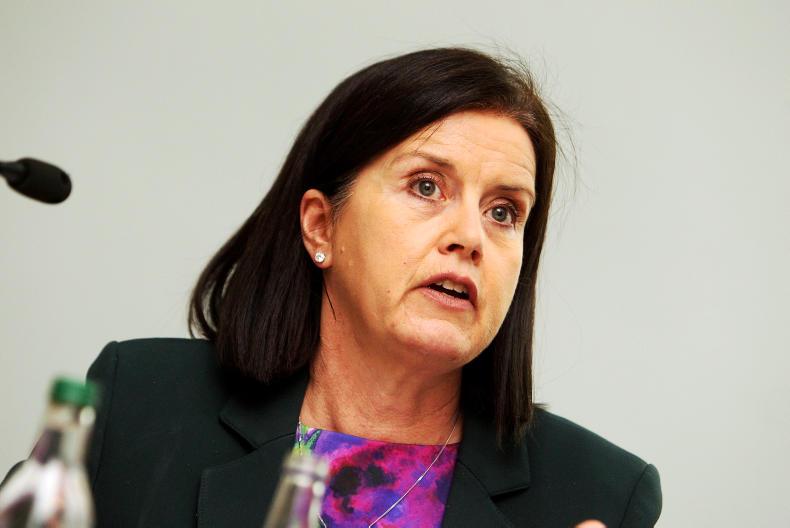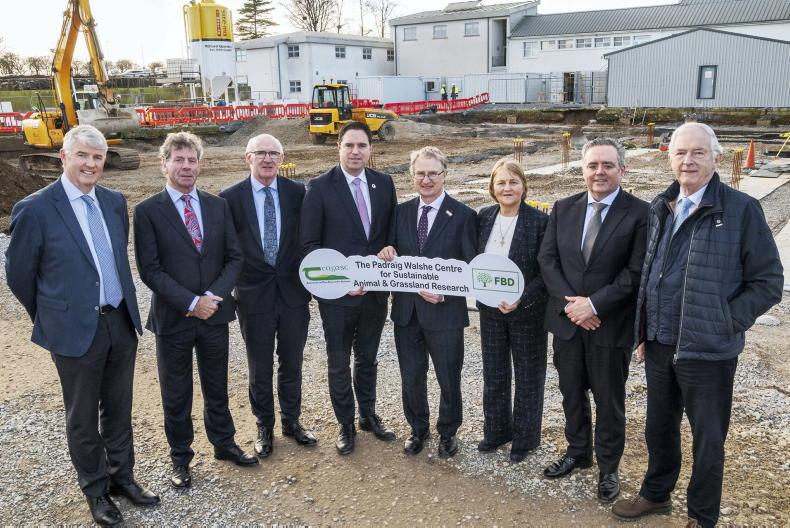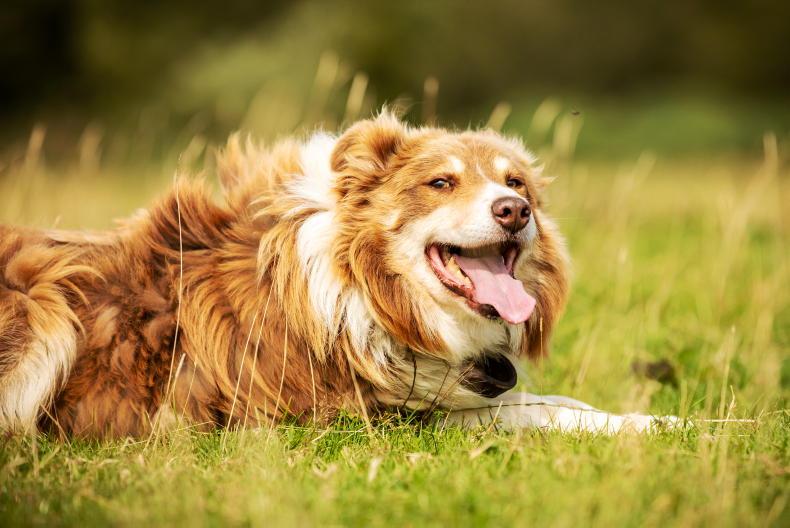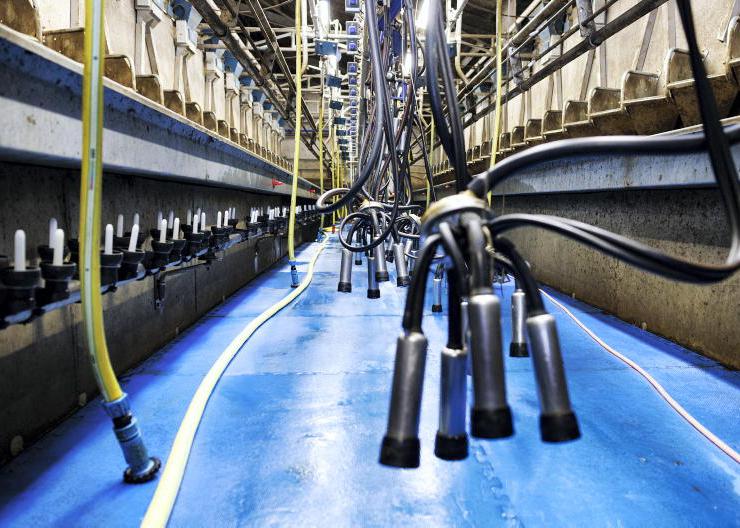For the first six months of this year, FBD saw profits from insurance soar 70% to reach almost €19m (€18.9m) compared with the same period last year. This is despite a €6.6m hit to the bottom line from Storm Emma, which happened in March. Profit before tax increased by 55% to €18.4m for the period which has been driven almost entirely from writing insurance.
While the results have been aided by releasing €6m for previous year claims (over provisioning) compared with €1.9m in the first half of 2017, the underlying loss ratio has also improved year on year. The combined operating ratio, which is a measure of profitability in the insurance industry (where anything below 100% delivers a profit), fell to 88.6% for the first six months of this year, down from 93.1% in the first half of 2017.
Premiums written increased by 1% to €192m driven by a 16% increase in new business volumes compared with the same period last year.
The group’s financial services operations delivered a profit before tax of €1.4m for the period, down 28% compared with the same period last year.
Strong results
Speaking to the Irish Farmers Journal, Fiona Muldoon, chief executive, said that the growth in profit demonstrated that the “underlying profitability of the business is strong and despite Storm Emma FBD is returning a very good result”.
She added this has been as a result of all the actions that FBD has taken over the last number of years.
The insurer paid out claims to the value of €11m as a result of Storm Emma, and that most of these were to farmers. She said that farming remains core to the group and now accounts for 55% to 60% of the business.
She also noted the €6m released from provisions, which boosted profits, was a result of claims that had been expected but then did not materialise. When asked if over-provisioning affects the price farmers pay for insurance, she said the reason for over-provisioning was that FBD did not want to recognise profits and then turn around and realise it had recognised too much and not allowed enough for claims. She noted there is a capital cost to over-provisioning.
She reiterated that the cost of insurance is a function of the cost of claims and “that is not changing”. She said FBD is making a normal profit in a normal way like any business and we are charging people more than we were (for insurance)”.
She added that “the farm account is not the most profitable part of the business” and that FBD had insulated farmers from a lot of the price increases that others would have felt. She said insurance costs won’t change until the cost of awards moderates or comes down and she didn’t think that was going to change anytime soon.
I don’t believe that some of the competition coming into the market is matching us in terms of the quality of the product
In the face of increased competition in the farm insurance sector, Muldoon said that “FBD will have to be kept honest and on its toes”.
She was critical of the competition, saying: “I don’t believe that some of the competition coming into the market is matching us in terms of the quality of the product”. “We don’t want to surrender our market share in any way but we are a business and we will seek to charge a fair price for a fair product,” according to Muldoon.
She said that the cost of injury claims remains a challenge for customers and she called on the Government to provide a lower cost, sustainable claims environment for the benefit of all insurance customers particularly Irish businesses.
Last week, FBD opened its second Dublin branch on Baggot Street to grow its SME business.
The statement notes that the claims environment continues to evidence some signs of moderation, although inflationary pressure is still evident, and FBD calls for the Insurance Working Group to continue to implement its recommendation.
In 2015, FBD received a €70m injection in the form of a convertible bond from Canadian investment fund, Fairfax. FBD pays an interest rate of 7% on this investment.
The debt has the option to convert into equity, at a strike price of €8.50 per share, from September onwards. This would see Fairfax taking 20% of FBD.
Fairfax investment
Should Fairfax convert, Farmer Business Developments (FBD Co-op), which currently owns 24% of the insurer, would then see its shareholding diluted to less than 20%. It is unclear what Fairfax will do at this stage. Muldoon would not comment on the investor strategy FBD was preparing but noted “we have a good relationship with Fairfax”.
Over the last three years, the stock has doubled in value. Shares touched off a peak of €13 in March but they have since fallen and closed at €10.35 on Tuesday.
Having steered the company through the tough times, she said that she was “100% committed” to her role as CEO of FBD.
The strong results come against a backdrop where just over a month ago, FBD released a statement to the Irish stock exchange stating that it had launched an investigation into internal allegations made against its chief executive. In the statement released with the financial results on Wednesday, the company said the process is currently on-going and that it is working to bring it to a conclusion and it had no further update at this time.









SHARING OPTIONS